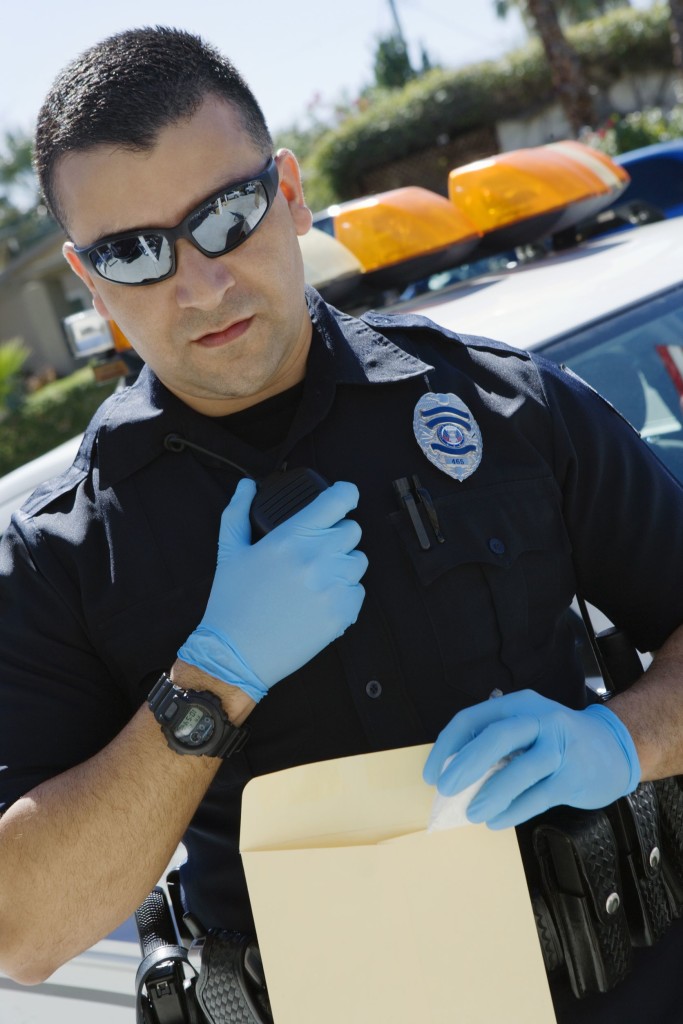 Law enforcement officials are increasingly sporting body cameras which are gradually turning into a necessity. Orlando police department has started providing their cops with body cameras in the recent times. Newly formulated Florida law which came to effect recently has something stored for such officials. It would restrict the access to this video camera in certain circumstances.
Law enforcement officials are increasingly sporting body cameras which are gradually turning into a necessity. Orlando police department has started providing their cops with body cameras in the recent times. Newly formulated Florida law which came to effect recently has something stored for such officials. It would restrict the access to this video camera in certain circumstances.
The first amendment specialists and law enforcement experts are defending this move. They are in full support of body camera application. However, new laws safeguarding the privacy of masses question the transparency of body camera use. An officer from Daytona Beach discussed the confrontation with a previous NFL player as recorded by body camera. In 2013, Jermaine Green went berserk and wanted to stab his own girlfriend.
Daytona Beach’s police department felt the necessity of sharing this video. It was a move to justify their action of shooting down the former athlete. Jermaine Green managed to survive this shooting but later punished with 12 years imprisonment. A newly formulated law restricts the public exposure of similar use of accessible videos as in Green’s case.
The recordings of body camera by SB-248 keep them secure and confidential. However, it is applicable when the entire episode takes place within a residential space. Health care facilities and a place where the dweller expect privacy also fall in the same category. According to Barbara Petersen, the footage release recorded by such body video cameras goes against the natural purpose of sporting them in first place. Barbara is associated with First Amendment Foundation, a nonprofit organization. It is a well accessible source of information on authority, assistance and expertise to new media and public policy. Those in support of First Advocates say that law is defeating the entire purpose of investing the taxpayer’s money to provide officers with such cameras.
According to Petersen, watching the video is likely to instill confidence among the general masses. On the other hand, keeping it a deep secret may lead to a contrary impact. Mike Chitwood, the police official head from Daytona Beach points out his approach of supporting these body cameras. Chitwood updated on the new development of the issue no longer being a matter of dispute. He is ready to face the outcome of law impacting the real choice between transparency and privacy.
According to Chitwood, one may dislike their neighbor that turns out to be a domestic abuse victim. For some personal pleasure, one may request it as public records and get to watch it. It may reveal the neighbor in the darkest period of their personal life which can be posted on a public platform such as YouTube.
According to Florida representative from First Amendment, such laws creating exemptions to mass records law is reviewed after a period of five years of going into effect. They’ll wait and watch whether laws on body camera viewing restrict the right of people or not. This is about the knowledge to the real stage where it must be challenged by the court of justice.
Image source: Moodboard
